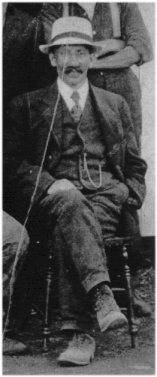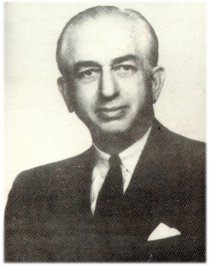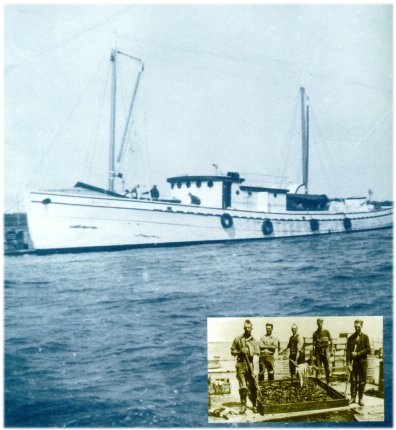|
|
|
|
|
Maritime Packers Limited The following section was derived from the
booklet “The Lobster Industry”: a publication of the Hector Center
Trust, Pictou NS, 1980. Who founded Maritime Packers Limited? Samuel Broidy was the man who started the
company. He was a clothing
merchant from Springhill, Nova Scotia who moved to River John, Nova Scotia
to open a branch of his store in the village.
He eventually got involved in the lobster processing business and
in 1911 he built a cannery in River John.
It was small cannery like most others at this time, built to serve
fishermen who fished within a ten mile radius of the plant.
The first cannery run by Mr. Broidy employed about 20 men and 20 women as well as 15 fishermen. Young men and women came from eastern New Brunswick to work at the cannery, earning $20.00 per month (women) and $30.00 per month (men) including their board. In the early years, 1911 to 1927, the company owned the fishing gear, and provided the fishermen with boats, traps, gasoline and bait, as well as lodging. The fishermen were then paid so much per pound, ranging from two cents to seven cents. Those fishermen who had their own gear were paid more, from five to ten cents per pound. Because of the irregular size and shape of lobster it was difficult to mechanize a plant that would be efficient in processing it. The canneries were run largely by manual labour. Boiling, dismembering, extracting meat, washing and canning were the major processes involved in the production of canned lobster. Samuel
Broidy’s son William (Bill) joined the company in 1923, and became
general manager in 1927. Around
the time Bill was added to the team the cannery in River John was enlarged
and more canneries and fishing stations were built right across the
Maritimes and Newfoundland. By
the 1930’s their company, Maritime Packers Ltd, was one of the largest
and most successful lobster processing businesses in Atlantic Canada.
They were at the forefront of the industry with new and profitable
marketing and production strategies.
What
were some of the contributions that they made to the lobster industry? Bill Broidy
initiated the first shipment of live lobster to New England in 1927. At
this time all of his competitors in the Gulf of St. Lawrence area were
processing lobster in hermetically sealed tins for the dry grocery trade. However, as the market changed and improved these companies
began selling lobster live as well and soon half of the canned lobster
demand was supplanted by live lobster demand.
It was Maritime Packers first success in changing the market of
lobsters, one that proved extremely rewarding for everyone involved in
this industry. How were
the lobsters shipped alive? Various
canneries and lobster pounds across Newfoundland supplied Maritime Packers
with live lobster that they shipped to their main headquarters in Pictou
or directly to Boston, Massachusetts.
The lobsters were crated with ice and transported in sailing ships,
fast diesel-powered ex-rum runners that were bought after the lift of
prohibition. The average shipment of lobster was about 75,000 pounds.
They also transported them in refrigerated trucks from their live
lobster pounds in Canada to the eastern United States.
Some of their lobster pounds could hold up to one and one-half
million pounds of lobster. With
these storage facilities they were able to delay shipment if the market
was unfavorable, creating in the long term, a more stable market.
What
were some other ways that Maritime Packers affected the lobster industry? After
introducing the method of selling live lobster they brought fresh cooked
lobster meat packed in hermetically sealed tins to the market.
These were not heat processed, but were packed in ice and shipped
immediately to the stores. With
the addition of fresh, cooked meat on the market the dry grocery trade was
reduced to a short supply, and the market improved again. How long
was Bill Broidy part of the company? Bill was a member of Maritime Packers for 43 years. When he retired in 1966 the company was sold to National Sea Products Limited. At this time the company had approximately 1200 employees and 2500 fishermen. It had grown to be the largest and most successful lobster processing business in Atlantic Canada. |
||
|
|



